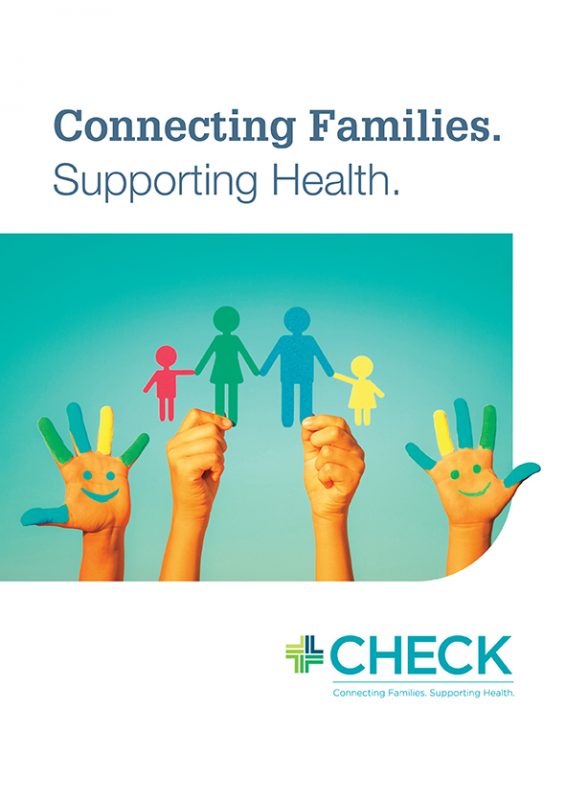Multiple streams of change are impacting the provision of healthcare services in the United States and beyond. First is a renewed focus on the importance of addressing the social determinants of health on par with clinical care. Second is an increasing recognition of the negative consequences of failing to properly coordinate care, particularly for those with low health literacy. Third is a belated effort to harness technology in service to maintaining health. Fourth is the recognition that mental and physical health are intimately connected and that the siloing of mental and dental health services from primary care leaves many patients with undiagnosed and/or untreated disorders. Fifth is the spiraling cost of health care, particularly as it relates to primary care sensitive emergency room visits and/or hospitalisations. This narrative explores these issues in the context of explicating an innovative model of care known as the CHECK program.
Coordination of Healthcare for Complex Kids: CHECK
The CHECK program currently being implemented in Chicago, Illinois (USA) focuses on children and young adults up to the age of 25 at time of enrollment who have one or more chronic illnesses and are enrolled in a state-run public health insurance program for low income individuals and children. The goal of CHECK is to increase the quality of primary care services and to expand the scope of those services to support patients and/or their families in successfully managing the chronic illness. CHECK has been funded by the United States Federal government as an innovative program designed to improve the quality of care while reducing the cost of care for children and young adults who have chronic diseases such as asthma, sickle cell, or diabetes, or illnesses related to prematurity.


